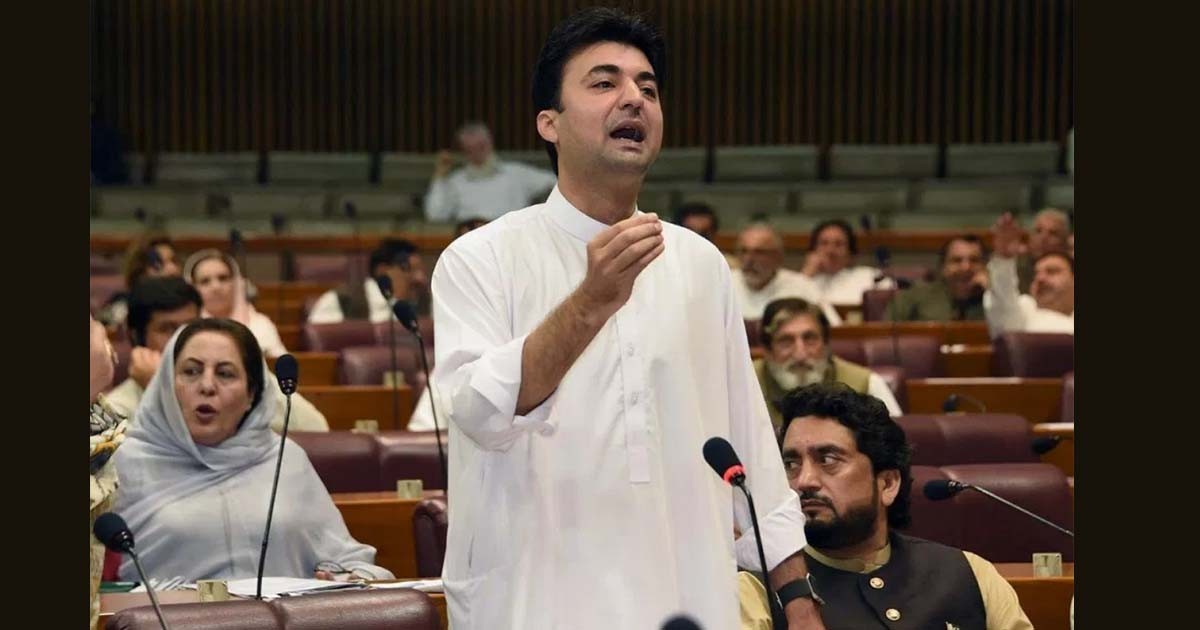Pakistan is in danger of losing its productive human capital as progressively intelligent and skilled people are saying goodbye and never paying heed to return to their own country. The term brain drain refers to the departure of people with the highest levels of education, experience and professionals in the quest for higher income, better living standards, access to vanguard technology, and more stable socio-economic-political environments in various parts of the world. Additionally, it has adverse effects on the origin country inclusive of all sectors either education, health systems, or economy.
Brain drain is triggered by globalization, and transnational corporations (TNCs) and often favors the economies that use these people to fill skill shortages. The central aim of this article is to explore the reasons for the departure of highly skilled and talented people from Pakistan. Due to its multisectoral impacts, this is a crucial issue for future investors and policymakers.
Read more: Non-Traditional Security Threats and Institutions’ Role in Pakistan
Understanding the matter better
In spite of Pakistan’s abundance of diversified skills and intellect, the country’s productive human capital is rapidly evaporating, long before it might make a difference in the growth of the country. The reason envisaged brain drain is individuals with talent, competence, and professionalism in their respective fields find Pakistan to be unwelcoming accompanied by weak economic growth, a high unemployment rate and acute inflation, and resultantly creates social unrest, reducing the chances of creativity, inventions, intellectual grooming and services.No nation or a state can legitimately claim prosperity unless its professionally educated and talented human capital is zealously devoted to the work of nation-state-building.
Pakistan lacks highly skilled workers, pioneering technology, and substantial foreign funds and the exchequer is burdened by the unskilled population’s massive unemployment rate dominated by outdated industry. As a result of globalization, markets make decisions about competitiveness and the division of human capital based on how well their products perform when labor costs are low, their products are readily available, and they can compete quickly in both local and global marketplaces.
The same talent that is exported might also be used in the domestic market. Even though Pakistan receives remittances, do these benefits balance the loss of qualified and actual young that a developing economy truly needs to grow? What benefit does it bring to Pakistan’s economy if this manpower is employed to make the most of the economy’s potential as opposed to bringing in experts from other states? Deterring brain drain needs long-term economic infrastructure that can absorb different shocks of low levels of inflation and can accommodate disruptions in the supply chain for a specific period so that the economy might not be affected by the long-term recession and severe unemployment.
Talent from less developed regions is drawn to developed states due to higher incomes, superior living conditions, access to vanguard technology, and a more stable political environment. Economies that lack skilled workers in the sciences and engineering frequently fall behind in research and development. The major reason for brain drain occurring in various combinations of organizations is when employees do not like the welcoming behavior, the leadership inefficiency, the bothering office culture, or other components’ negative impact on the job.
Read more: How can we restore an institutional order in Pakistan?
Considering Pakistan’s mercurial political environment, disregard for the intellectual elite, the practice of delay and violation of merit in hiring, rising inflation rates and dearth of vanguard research environment employment have paved the way for the fast shrinking of opportunities resulting in hundreds of thousands of individuals looking for work abroad. Pakistan’s deteriorating living standard is the primary driver, as seen by the long-term trend in GDP per capita.
Pakistan needs strict measures to improve economic stability like reducing the maximum budget deficit to a minimum level, improving the tax legislation and in the meanwhile taking measures to provide social safety to the poor household. While there are clearly financial gains for receiving states when talent shortages are resolved, it also somewhat exacerbates the problem of domestically trained graduates finding it difficult to obtain jobs. To prevent the nation from losing its geniuses, talent, intellect, and innovation, policymakers should create an atmosphere that encourages the retention of intellectual capital since it is the real driver of any national development and growth.
The writer is a research fellow at Balochistan Think Tank Network. The views expressed in this article are the author’s own and do not necessarily reflect the editorial policy of Global Village Space.














